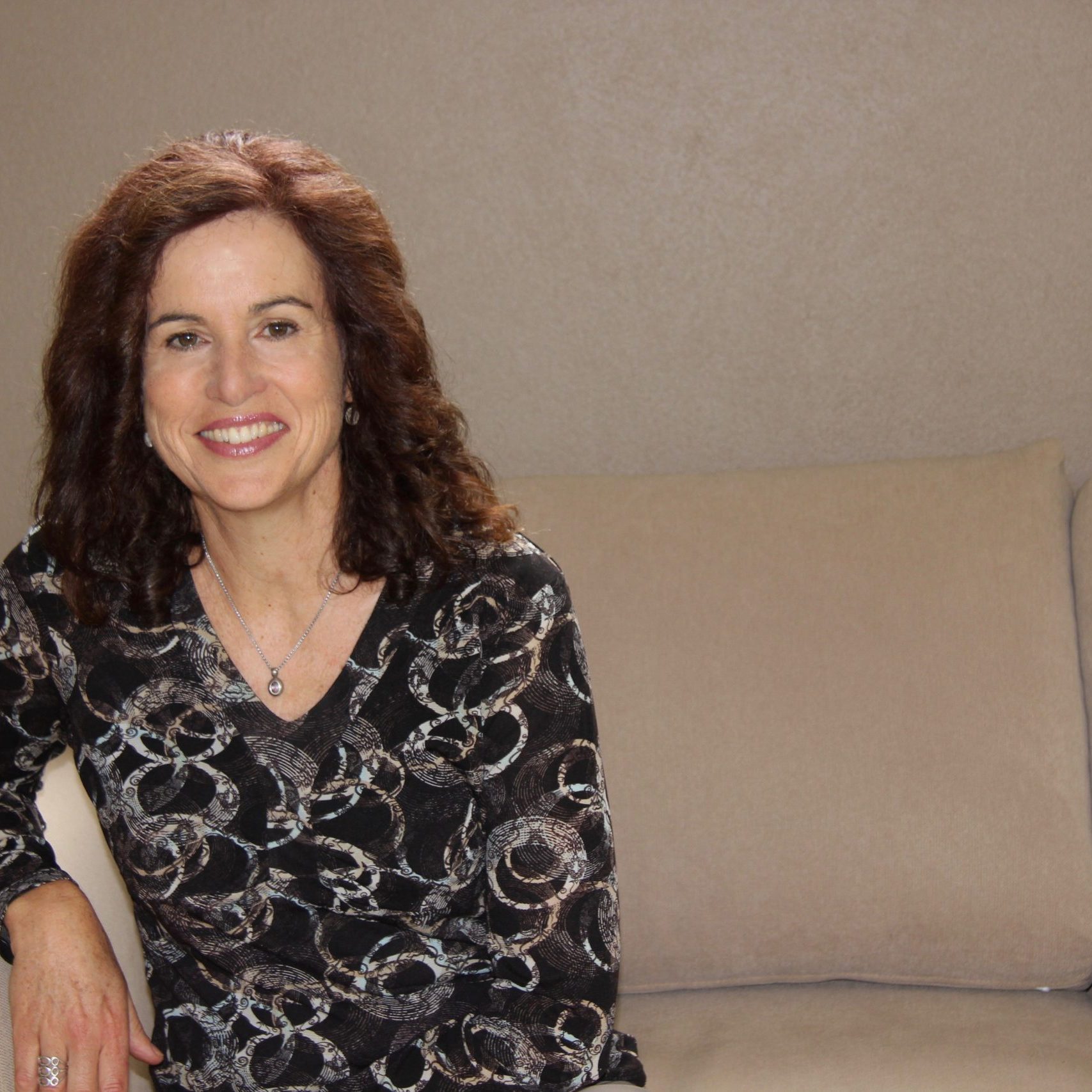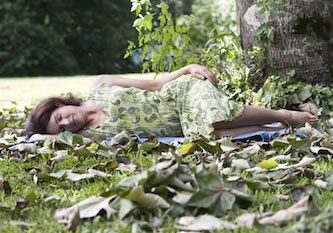Whats in your Cart?
In all the self-development seminars I’ve attended over the years, no one has ever recommended that I go and take a lie down to create the life I want.
But changing your posture from vertical to horizontal may well be the best way to get ahead, since we’re smarter and more creative lying down than standing up, according to research conducted by Dr Darren Lipnicki from the school of psychology at the Australian National University.
Lipnicki tested 20 people, who were asked to solve 32 five-letter anagrams, such as ‘osien’ (noise) and ‘nodru’ (round) while standing and lying down. He found anagrams were solved more quickly lying down.
“Solving an anagram often produces an ‘A-ha!’ moment — the answer appears suddenly, often out of the blue. These ‘insight’ moments are similar to what people experience when achieving creative breakthroughs,” says Lipnicki. His findings might be explained by differences in brain chemistry between lying down and standing up. “There’s greater release of a chemical, noradrenaline, in the brain when standing up than when lying down,” says Lipnicki. While noradrenaline is normally associated with cognitive ability and attention, it is also believed to impair creative thinking. “Our finding that postural condition affects how quickly anagrams are solved suggests that body posture may influence insight, which could be facilitated by merely lying down.”
Perhaps that’s why Greek mathematician Archimedes, had his Eureka moment while lying in the bath. And why medieval Irish poets are reputed to have composed their complicated court poetry while lying flat on a couch in a darkened room.
Well-know locally based artist Georgie Lucock can vouch for the creative boost she gets from a brief but regular afternoon lie down. “There’s no way I can’t take a nap now,” says Lucock. “The amount of work I do afterwards is incredible.”
Next time you get stuck on a problem or need some inspiration, get off your feet and on your back. If anyone queries your apparently unproductive pose, let them know it’s the latest way to fast-track problem solving.
Share this post on your socials:

Introducing, Thea O'Connor
Thea is a workplace wellbeing advisor, TEDx speaker, and national leader on menopause at work. She draws on her own qualitative research with working women, 30 years’ experience in health promotion, and a deep understanding of workplace culture to design practical, inclusive support. Known for tackling taboo topics with ease and insight, Thea helps organisations create healthier, more supportive environments—particularly for people navigating menopause.

